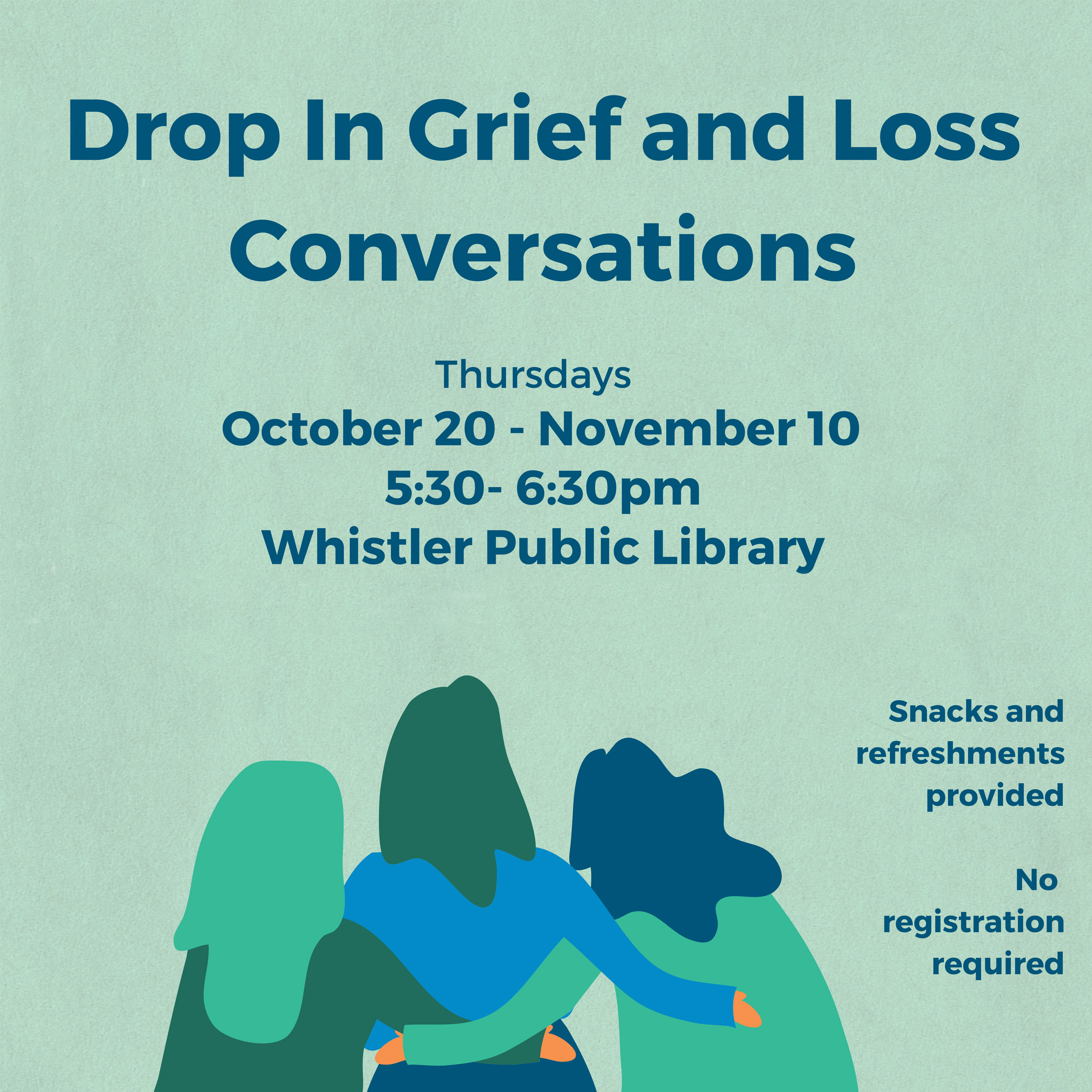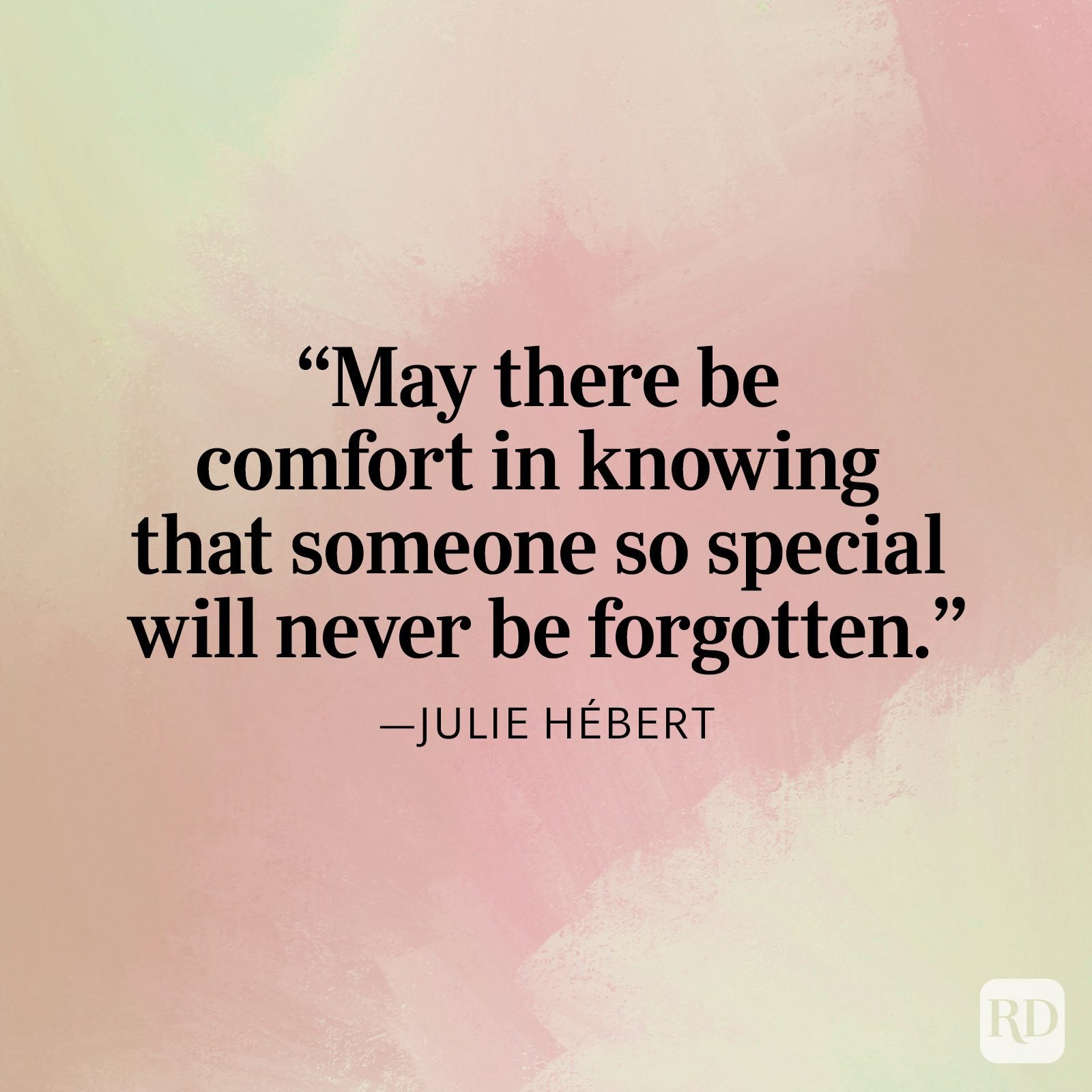Dealing with the loss of a loved one is never easy, but it can be especially difficult when it's a sibling. "My Brother's Grief: A Heartfelt Journey Through Loss and Healing" is a powerful and moving memoir that explores the complex emotions of grief and loss. Written by a sister who lost her brother to suicide, this book offers a unique and insightful perspective on the grieving process.
Editor's Notes: "My Brother's Grief: A Heartfelt Journey Through Loss and Healing" was published in June 2023. This book is an important read for anyone who has experienced the loss of a loved one, especially a sibling.

Drop-In Grief and Loss Conversations | Whistler Library - Source www.whistlerlibrary.ca
In this guide, we will provide an overview of the book, discuss its key takeaways, and explain why it is an important read for anyone who has experienced loss.
Key Differences or Key Takeaways:
| Topic | Key Takeaway |
|---|---|
| The grieving process | There is no right or wrong way to grieve. Everyone experiences loss differently, and there is no timeline for healing. |
| Suicide | Suicide is a complex issue with many contributing factors. It is important to remember that suicide is not a sign of weakness or failure. |
| The importance of support | Grief can be a lonely and isolating experience. It is important to reach out to others for support, both during and after the grieving process. |
Transition to main article topics
FAQ
This FAQ section provides answers to common questions and addresses misconceptions surrounding the book "My Brother's Grief: A Heartfelt Journey Through Loss And Healing."
Question 1: What is the primary focus of the book?
The book delves into the author's personal journey of coping with the loss of his brother and offers insights into the complexities of grief and the healing process.
Question 2: Is the book only relevant to those who have lost a sibling?
No, the book's themes of loss, grief, and healing resonate with anyone who has experienced the loss of a loved one, regardless of their relationship.
Question 3: What unique insights does the book provide?
The book offers a firsthand account of the raw emotions and struggles involved in grieving a sibling. It explores the impact of sibling relationships on identity, family dynamics, and the nature of grief.
Question 4: How can the book help those who are grieving?
The book provides validation for the grieving process, offers practical coping mechanisms, and encourages readers to find solace and support in their journey.
Question 5: Is the book solely focused on the negative aspects of grief?
No, while the book acknowledges the pain and challenges of grief, it also explores the transformative potential of loss. It highlights the importance of finding meaning and purpose in the face of adversity.
Question 6: What makes this book stand out from other grief-related resources?
The book's personal narrative approach sets it apart, offering a deeply relatable and intimate account of the grieving process. It allows readers to connect with the author's experiences and gain a deeper understanding of their own.
This FAQ section provides a comprehensive overview of common questions and misconceptions about "My Brother's Grief: A Heartfelt Journey Through Loss And Healing."
For more information and insights, please refer to the book My Brother's Grief: A Heartfelt Journey Through Loss And Healing.
Navigating the Trauma of Loss and Grief: A Journey towards Healing - Source www.thedawntherapeuticservices.com
Tips for Navigating Grief
Grieving the loss of a loved one is a complex and profoundly personal journey. While there is no one-size-fits-all approach to healing, certain tips can provide support and guidance along the way.
Allow Yourself to Feel
Suppressing emotions can hinder the healing process. Permit yourself to experience the full range of emotions associated with grief, including sadness, anger, guilt, and numbness. Allow the tears to flow and don't push feelings away.
Seek Support
Connect with trusted friends, family members, or a therapist who can provide a listening ear and offer emotional support. Share your thoughts and feelings openly, as talking about grief can help process it.
Practice Self-Care
Grief can take a toll on physical and mental health. Prioritize basic needs, such as rest, nutrition, and exercise. Engage in activities that bring joy or relaxation, such as reading, spending time in nature, or listening to music.
Find Meaning
Reflect on the life of your loved one and identify the ways they made a positive impact. Seek meaning in their passing by honoring their legacy through community involvement, charitable donations, or creating a memorial.
Allow Time
There is no set timeline for grief. Healing takes time, and progress may not always be linear. Be patient with yourself and allow the process to unfold naturally. Remember that grief is a journey, not a destination.
Seek Professional Help When Needed
If grief becomes overwhelming or interferes with daily life, don't hesitate to seek professional help from a therapist or counselor. They can provide guidance, support, and tools to cope with the challenges of loss.
Remember that the path through grief is unique for each individual. By embracing these tips and seeking support when necessary, it is possible to navigate the loss of a loved one with compassion, resilience, and ultimately find healing.
My Brother's Grief: A Heartfelt Journey Through Loss And Healing
Navigating the labyrinth of grief after losing a loved one is an arduous and deeply personal experience. This journey through loss and healing explores the multifaceted dimensions of grief, offering solace and insights to those who have experienced the profound loss of a brother.
- Emotional Turmoil: Grief is a tumultuous rollercoaster of emotions, from intense sorrow and despair to moments of fleeting hope.
- Physical Manifestations: Grief can manifest physically, causing fatigue, sleep disturbances, and even physical pain.
- Cognitive Dissonance: The shock and disbelief of loss can lead to a sense of cognitive dissonance, disrupting thoughts and making it difficult to concentrate.
- Social Isolation: Grief can lead to a withdrawal from social activities and a sense of isolation as others may not fully understand the depth of one's pain.
- Spiritual Questioning: Losing a loved one can raise profound spiritual questions about the meaning of life, death, and one's own mortality.
- Path to Healing: While grief never truly disappears, healing is possible through self-care, support from loved ones, and professional help if needed.

I'm excited to reveal the cover of my third book, Living with the - Source www.threads.net
These key aspects of grief provide a framework for understanding the complexities of this emotional journey. They highlight the profound impact of loss on every aspect of our being, from our emotions and physical well-being to our cognitive functioning and spiritual beliefs. By embracing these aspects, we can navigate the path to healing with greater compassion and understanding, both for ourselves and for others who have experienced the loss of a loved one.

Pin on The graceful chapter - Source www.pinterest.com
My Brother's Grief: A Heartfelt Journey Through Loss And Healing
"My Brother's Grief: A Heartfelt Journey Through Loss And Healing" explores the profound and often complex emotions associated with grief following the loss of a loved one. It delves into the unique experiences and challenges faced by siblings who have lost a brother, offering insights and support to help them navigate this difficult path.

50 Grief and Loss Quotes to Help You Mourn and Heal - Source www.rd.com
Grief is a deeply personal experience, and no two siblings will grieve in exactly the same way. However, there are some common themes and challenges that many siblings may encounter. These include feelings of guilt, anger, sadness, and isolation. The book provides a safe and compassionate space for siblings to explore these emotions and to connect with others who understand what they are going through.
"My Brother's Grief" also offers practical advice and strategies for coping with grief. It provides tips on how to manage difficult emotions, how to communicate with others about your loss, and how to find support during this challenging time. The book's author, who is a grief counselor, shares her personal experiences and insights to help siblings feel less alone and to provide hope for healing.
Grief is a difficult journey, but it is one that siblings can navigate with love, support, and understanding. "My Brother's Grief" provides a valuable resource for siblings who are grieving the loss of a brother. It offers a compassionate and supportive guide to help them through this challenging time and to find healing and hope.
| Challenges of Grief | Practical Tips from "My Brother's Grief" |
|---|---|
| Guilt and Anger | Acknowledge and validate these emotions, seek professional support if needed. |
| Sadness and Isolation | Connect with others who understand your loss, engage in activities that bring you joy. |
| Communication Difficulties | Communicate openly with others about your needs, set boundaries if necessary. |
| Finding Support | Seek professional help from a therapist or counselor, join support groups for siblings. |
Conclusion
"My Brother's Grief" is an invaluable resource for siblings who are grieving the loss of a brother. It provides a compassionate and supportive guide to help them through this challenging time and to find healing and hope. The book's insights and strategies can help siblings to understand their grief, to cope with difficult emotions, and to build a support system that will help them to heal.
Grief is a journey, and it takes time to heal. However, with love, support, and understanding, siblings can navigate this difficult path and find a way to live a meaningful life after the loss of a brother.
